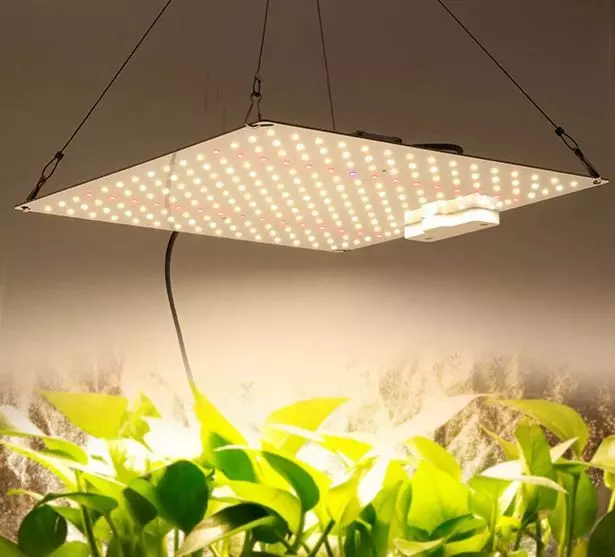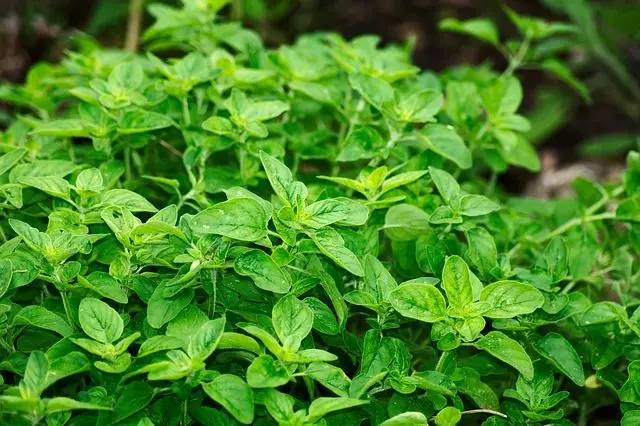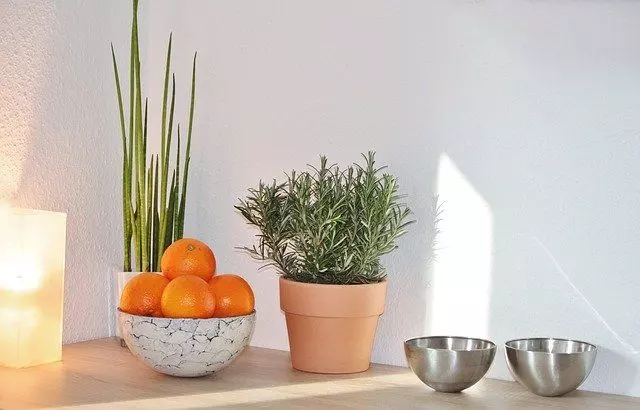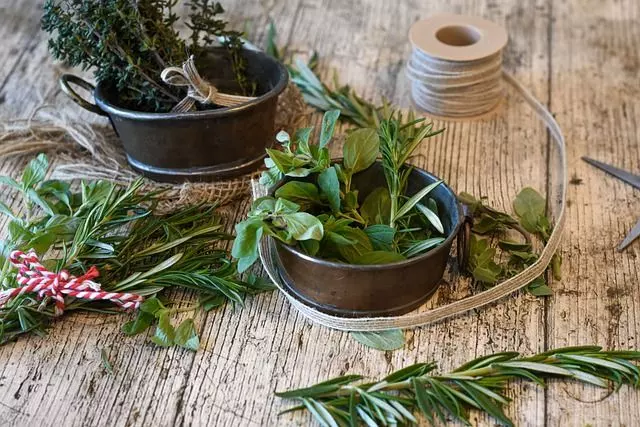When you get used to using fresh herbs in your dishes, the truth is that you can’t do without them, they are so different from the dried ones! But when autumn arrives you have to get ready to spend the whole winter without your beloved aromatic herbs. There is still a solution and that is what we want to propose to you in this article growing herbs indoors without sunlight.
Growing Herbs Indoors Without Sunlight
As we already know, plants need light to live and develop. It would be best to place them in a south-facing window, but if this is not possible, we can help them with a grow light.
For growing herbs indoors without sunlight, a grow light such as those mentioned above will be essential.
The growth lamps nowadays are quite low consumption and are not too expensive. There are many models with different powers and according to what we cultivate will be the lamp or lamps that we will choose.

Chives
First of all, we have the tasty chives that with their mild scallion flavor have a place in countless dishes. It will only need between 4 and 6 hours of sun per day and the average temperature should be between 55 °F and 75 °F (13 and 24 ºC). Plant the chives in a pot with common substrate and water a couple of times a week. When it reaches a height of about 6” (15 cm), we can cut our chives, always leaving about 2” (5 cm) at the base to continue growing.
Oregano
This plant is another member of this aromatic quintuplet that will not disappoint us and that cannot be missing in any dish of Italian cuisine. Oregano will be content with sun exposure of between 6 and 8 hours. The average temperature of the environment in which it is located should also be between 55 °F and 75 °F (13 and 24 ºC). The soil of the pot where it is planted must be well-drained and for this purpose, it is best to mix the substrate with sand or use a special substrate for cacti. Water once a week, the roots of the oregano rot very easily if they have an excessive supply of water. When the plant reaches 6” (15 cm) in height, we can use its leaves for our recipes. Cut the stems leaving at least two pairs of leaves at the base.

Parsley
Parsley cannot miss in the kitchen; its cultivation is easy and the plant will only need very cursory care. Between 4 and 6 hours of sun daily, a room temperature similar to those needed by the previous aromatic herbs, normal substrate, and water a couple of times a week. Once the plant has developed, cut the stems, always leaving about 2” (5 cm) at the base so that it can continue its development.
Rosemary
Rosemary is one of the most Mediterranean aromatic herbs, its flavor and aroma are milder than it might seem a priori because of the strong aroma that the plant gives off when we touch it. Indispensable in roasted and grilled meats. It needs about 6 hours of sun per day, well-drained substrate, and let the soil dry out between watering.

Thyme
Another very Mediterranean aromatic herb, thyme, which also cannot miss in roasted and grilled meats, chicken, veal, sheep, and will be enriched with this aromatic. About 6 hours of sun a day, well-drained soil and let the substrate dry at least a couple of centimeters before watering. When the plant has developed, we can cut its stems leaving about 3” (7.5 cm) at the base.

